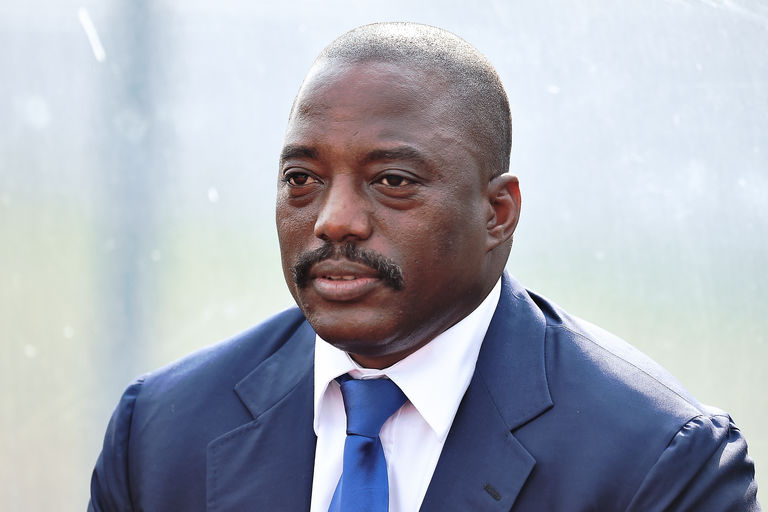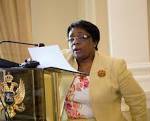The United Nations High Commissioner for Human Rights, Zeid Ra’ad Al Hussein, has warned against repressing opposition parties in the coming elections in the Democratic Republic of Congo (DRC).
“I receive reports of increasing violations of fundamental civil and political rights by State actors. These notably include violations of freedom of expression and of peaceful assembly – rights anchored in the binding international treaties to which the DRC is party, and enshrined in the Congolese constitution. The public space for the expression of dissent is now clearly under pressure,” Mr Zeid Al Hussein told journalists at a press conference in the Congolese capital, Kinshasa.
The High Commissioner underscored that his office (OHCHR) is ready to support the government in strengthening human rights in the country.
During the visit, Mr Zeid Al Hussein also travelled Panzi Hospital in Bukavu where he met with women survivors of sexual violence, and with Dr. Denis Mukwege, a Congolese doctor who has treated more than 40,000 victims.
The visit coincided with the 20th anniversary of the OHCHR presence in the DRC, the largest OHCHR field presence in the world.
While Mr Zeid Al Hussein noted a number of positive steps, he also spoke of challenges facing the central African country. He also called on the police forces to refrain from any use of lethal force during peaceful demonstrations and said that crowd control means should be based on the principles of necessity and proportionality.

On one of the pressing challenges, the forthcoming elections, he said that he supported President Joseph Kabila’s call for a national dialogue, which the High Commissioner said must be open and honest.
“[The] dialogue simply cannot take place in an atmosphere which stifles discussion and the airing of all grievances and opinions [and] where independent media and respect for fundamental freedoms are being threatened,” he said, and urged that respect for the human rights of all is should be at its core.
The High Commissioner further expressed appreciation for the country’s reception of over 25,000 refugees from Burundi in recent months.
“The act is a lesson to many far richer countries who demonstrate less compassion,” he said







